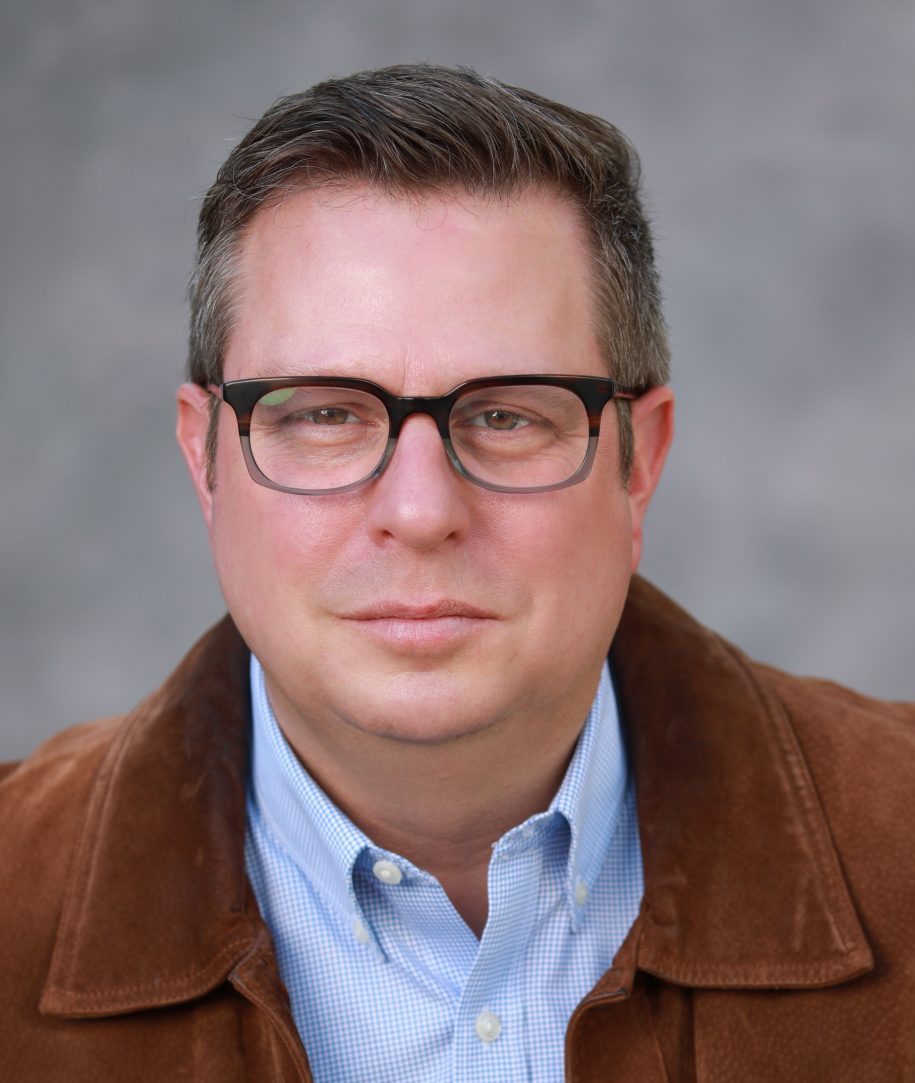Tragically, overdose deaths skyrocketed by nearly 30% from 2019 to more than 93,000 in 2020 according to CDC data released in July, driven largely by Fentanyl. The CDC and SAMHSA announced that Federal funding may now be used to purchase Fentanyl testing strips to help curb the dramatic spike in drug overdose deaths. Even more tragically, many Americans still believe it is a moral weakness exacerbated by the pandemic at the root of these deaths, versus them having what can be a fatal and progressive disease.
Epigenetics research shows that a combination of trauma, genetic predisposition and other environmental factors greatly increase the likelihood that a person will develop drug addiction or alcoholism (Substance Use Disorder “SUD” and Alcohol Use Disorder “AUD” are the mental health clinical terms). This, coupled with a new article this month in the journal Pediatrics shows nearly half of the opioids prescribed to children and young adults under 21 (sometimes in overlapping prescriptions of benzodiazepines which are also addictive) after surgery, dental care or for other conditions have been deemed “high risk”, meaning they exceeded recommended supplies/doses or included a drug combination of drugs not recommended for children. The western medicine approach of treating primarily the symptom instead of taking the time to also address the root cause is a shortfall that could be helped by integrated pediatric clinical care. If addressed correctly, this could extend to requiring all pediatricians in the U.S. to use ACE’s screenings for evaluating the child and parent in order to come up with a holistic approach of helping the child versus misdiagnosing them based on not having the full picture of the causes of the presenting medical issue. In turn, this would help the child and parent get on the path of breaking down intergenerational trauma while also creating a path to healing that would lessen the likelihood and severity of an SUD/AUD developing in adolescence or adulthood.
This common misunderstanding of SUD/AUD as a “moral weakness” and the resulting stigma is compounded by the idea that therapy, education and medications can always fix the problem. Last Summer, there was a comprehensive report and summary by the Recovery Research Institute comparing the effectiveness of Alcoholic Anonymous and Twelve-Step Facilitation (a clinical protocol for linking clients to 12-Step programs like AA) to other clinical interventions. The findings showed that AA produces rates of alcohol abstinence and alcohol use comparable to first-line clinical interventions, and outperforms them over follow ups at 3, 6, 12 and 36 months after receiving treatment. The research team found that AA/12-Step Facilitation was, overall, better than other empirically-supported treatments in facilitating continuous abstinence and remission and was at least as effective as other well-established treatment in reducing intensity of drinking, alcohol-related consequences and severity of alcohol addiction. AA/12-Step Facilitation also reduced healthcare costs substantially more than other types of treatments. Another rigorous NIH study referenced a Recovery Research Institute article which found that “AA typically confers benefits by mobilizing multiple therapeutic factors simultaneously—mostly through facilitating adaptive changes in the social networks of participants, but also by boosting members’ recovery coping skills, recovery motivation, abstinence self-efficacy and psychological well-being and by reducing impulsivity and craving. It seems plausible that AA/Twelve-Step Facilitation often outperforms other treatments at much lower cost because it successfully links people to a free, ubiquitous, easily accessible, long-term recovery support option that, in turn, mobilizes other therapeutic mechanisms similar to those mobilized by professional treatment.” This suggests that a holistic approach to a long-term recovery solution that simultaneously integrates the mind, body and spirit, like AA and peer mentoring recovery homes that incorporate a 12-step approach, often motivated in treatment by 12-Step Facilitation is a comprehensive and effective way to treat SUD/AUD. Conversely, it calls into question the long-term efficacy of approaches to recovery that focus more on short-term interventions that primarily rely on incorporating therapy and medications.
Another conundrum that creates confusion about SUD/AUD as a disease versus a moral weakness is the prevalence of co-occurring mental health issues with SUD/AUD. According to the California Health Care Foundation (CHCF) at least 8.9 million American adults – including 500,000 Californians – have both mental illness and SUD. Katherine Haynes, a senior program officer at the CHCF, wisely states that for many people experiencing challenges of stigma and inadequate coordinated care for their co-occurring mental health, medical and SUD/AUD issues “truly coordinated care – across mental health, substance use and physical health systems – can bring real healing. In fact, this may be the most successful treatment available: care that actively treats the ‘whole person,’ bringing all health providers together and connecting them to other supports like housing and transitions from residential treatment or incarceration.”
Taking all of the above into account, especially during National Recovery Month, the idea that drug addiction and alcoholism are moral weaknesses doesn’t bear out. Further, it is clearly a fear-based stigma that only perpetuates further intergenerational trauma, increasing the likelihood you or a loved one will develop an AUD/SUD in this and future generations.
Regardless of the path you or your loved one take to find a long-term recovery solution from AUD/SUD, compassion and forgiveness as the watchwords will help all involved find lasting recovery.


